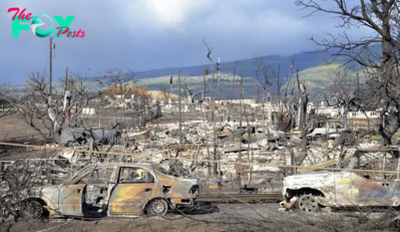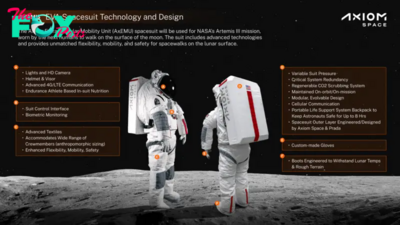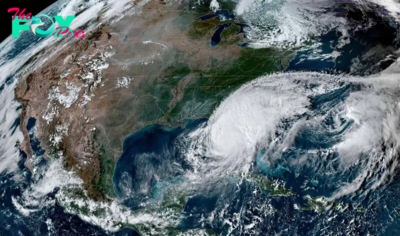Science
Continental collision 2.1 billion years ago may have sparked '1st attempt' at complex life on Earth
Complex life evolved more than 1.5 billion years earlier than scientists previously thought, a new study claims.
The findings push back the dawn of complex life from 635 million years ago to 2.1 billion years ago. However, some researchers say the theory needs more evidence.
The earliest known life forms are about 3.5 billion to 4 billion years old, from Greenland, Canada and Australia, but they were simple microscopic organisms. Life would have to wait for conditions to change before it could evolve into something more complex, like a plant or an animal.
In the new study, published in the August volume of the journal Precambrian Research, scientists documented an ancient period of underwater volcanic activity in the Francevillian Basin in what is now Gabon, Central Africa. The researchers found that this activity increased the amount of phosphorus and oxygen in the ocean, creating the ideal conditions for complex life.
"We already know that increases in marine phosphorus and seawater oxygen concentrations are linked to an episode of biological evolution around 635 million years ago," study lead author Ernest Chi Fru, a senior lecturer in Earth Sciences at Cardiff University in the U.K., said in a statement. "Our study adds another, much earlier episode into the record, 2.1 billion years ago."
Related: Last Chance Lake: The unusual 'soda lake' with conditions that may have given rise to life on Earth
The fossil evidence from the Francevillian Basin is debated. Researchers first claimed that fossils from this region represented complex life in 2010, but not everyone agreed on what the fossils were or whether they were fossils at all. This new study supports the complex life interpretation.
-

 Science2d ago
Science2d agoInside Capitol Hill’s Latest UFO Hearings
-

 Science2d ago
Science2d agoYou Won’t Want to Miss the Leonid Meteor Shower. Here’s How and When You Can See It
-

 Science3d ago
Science3d agoHere’s What Trump’s Win Means for NASA
-

 Science6d ago
Science6d agoWhy Risky Wildfire Zones Have Been Increasing Around the World
-

 Science6d ago
Science6d agoIt’s Time to Redefine What a Megafire Is in the Climate Change Era
-

 Science1w ago
Science1w ago4 Astronauts Return to Earth After Being Delayed by Boeing’s Capsule Trouble and Hurricane Milton
-

 Science1w ago
Science1w agoThe Elegance and Awkwardness of NASA’s New Moon Suit, Designed by Axiom and Prada
-

 Science1w ago
Science1w agoSpaceX Launches Its Mega Starship Rocket. This Time, Mechanical Arms Catch It at Landing



























